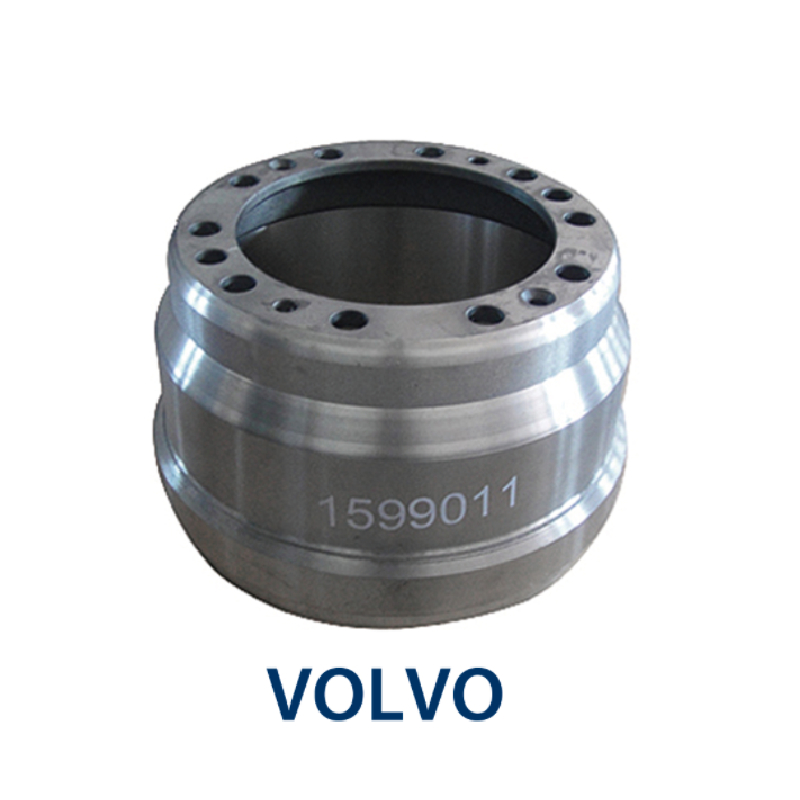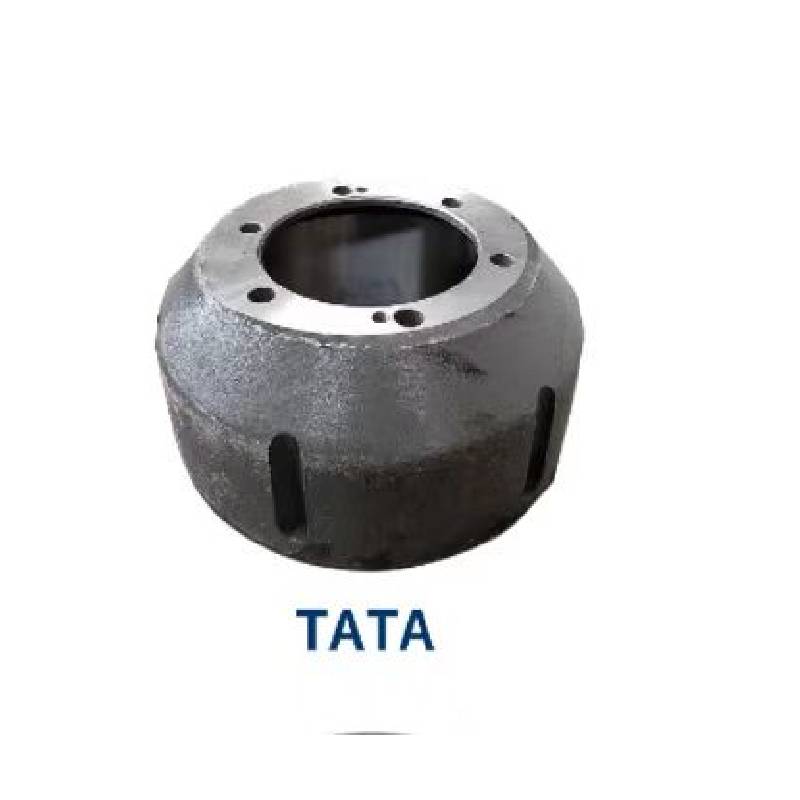2 月 . 16, 2025 07:02 Back to list
rear brake drum leaking fluid
Experiencing a leaking rear brake drum can be both frustrating and concerning for vehicle owners. It involves complex mechanical intricacies and, if left unchecked, could compromise safety. Addressing this issue with the guidance of professional experience, higher expertise, complemented by a deep understanding of authoritative resources, fosters a trustworthiness that resonates with many vehicle owners seeking viable solutions.
Professional expertise is invaluable when tackling brake drum leaks. Diagnosis involves a meticulous assessment often best conducted by certified technicians who diligently examine the system and identify the origin of the leak. Tools like pressure testers can isolate problems by gauging the fluid's path to ensure each part operates at peak function. If a leaking wheel cylinder or damaged brake line is confirmed, timely intervention through replacement or repair is crucial. Authoritative resources further bolster efforts to prevent and rectify brake drum leaks. Manuals and guidelines from vehicle manufacturers provide specific insights into brake system designs, recommended components, and maintenance schedules. In addition, professional mechanics forums and publications host expert discussions and case studies that underscore best practices and innovative solutions that can be applied to diagnosing and fixing brake issues. Trustworthiness isn't merely a byproduct of experience, expertise, and sound resources; it is the foundation upon which these elements rest. A transparent approach involving communication about the scope of the problem, available solutions, and realistic expectations fortifies trust. Vehicle owners and enthusiasts value transparency, knowing they can rely on professional advice and credible data to make informed decisions about their vehicle maintenance and safety. To mitigate future problems, adopting a proactive approach to brake maintenance is prudent. Regularly checking fluid levels, monitoring any abnormal changes in pedal response, and adhering to recommended part replacements extend the life of brake components. Embracing the guidance of seasoned professionals for inspections deepens one's understanding, facilitating a closer connection to vehicle integrity. In conclusion, dealing with a rear brake drum leaking fluid is a manageable challenge that requires swift action and professional insight. By harmonizing real-world experience, technical expertise, and authoritative guidelines within a framework built on trust, vehicle owners can preserve their safety and maintain the operational efficacy of their braking systems. Rigorous maintenance, coupled with informed interventions, can transform this complex issue into an achievable maintenance routine that aligns with automotive best practices.


Professional expertise is invaluable when tackling brake drum leaks. Diagnosis involves a meticulous assessment often best conducted by certified technicians who diligently examine the system and identify the origin of the leak. Tools like pressure testers can isolate problems by gauging the fluid's path to ensure each part operates at peak function. If a leaking wheel cylinder or damaged brake line is confirmed, timely intervention through replacement or repair is crucial. Authoritative resources further bolster efforts to prevent and rectify brake drum leaks. Manuals and guidelines from vehicle manufacturers provide specific insights into brake system designs, recommended components, and maintenance schedules. In addition, professional mechanics forums and publications host expert discussions and case studies that underscore best practices and innovative solutions that can be applied to diagnosing and fixing brake issues. Trustworthiness isn't merely a byproduct of experience, expertise, and sound resources; it is the foundation upon which these elements rest. A transparent approach involving communication about the scope of the problem, available solutions, and realistic expectations fortifies trust. Vehicle owners and enthusiasts value transparency, knowing they can rely on professional advice and credible data to make informed decisions about their vehicle maintenance and safety. To mitigate future problems, adopting a proactive approach to brake maintenance is prudent. Regularly checking fluid levels, monitoring any abnormal changes in pedal response, and adhering to recommended part replacements extend the life of brake components. Embracing the guidance of seasoned professionals for inspections deepens one's understanding, facilitating a closer connection to vehicle integrity. In conclusion, dealing with a rear brake drum leaking fluid is a manageable challenge that requires swift action and professional insight. By harmonizing real-world experience, technical expertise, and authoritative guidelines within a framework built on trust, vehicle owners can preserve their safety and maintain the operational efficacy of their braking systems. Rigorous maintenance, coupled with informed interventions, can transform this complex issue into an achievable maintenance routine that aligns with automotive best practices.
Next:
Latest news
-
Brake Drum for Kamaz Trucks Durable OEM Replacement & High Performance
NewsMay.30,2025
-
Brake Drum Man High-Quality Drum Brake & Shoe Solutions
NewsMay.30,2025
-
High-Performance Brake Drum for Kamaz Trucks Durable Drum Brake Components
NewsMay.29,2025
-
Brake Drum Man High-Quality Drum Brake Drums & Brake Shoes
NewsMay.29,2025
-
Brake Drum MAZ High-Performance & Durable Replacement Parts
NewsMay.29,2025
-
heavy truck brake drums
NewsMar.07,2025
